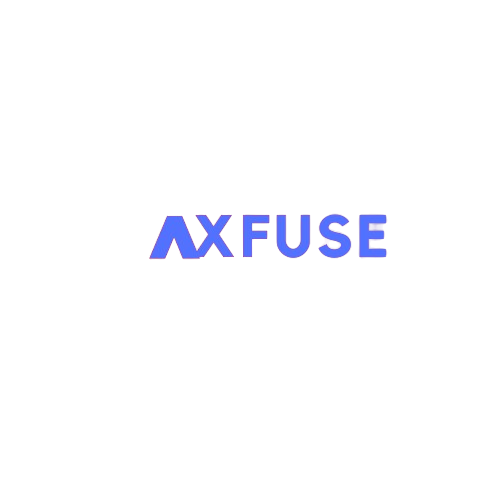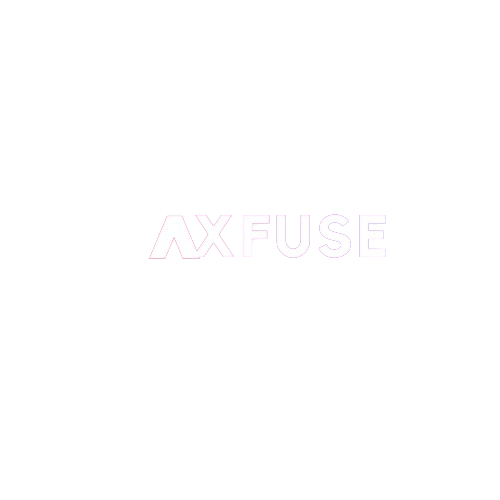There are numerous distinctions between a debit card and a credit card. Despite having identical looks frequently, both cards serve many of the same purposes.

The primary distinction is that when you use a credit card, the bank gives you money, which you can use and return to them with interest each month. With a debit card, however, you are only using money that you already have.
With 16-digit card numbers, expiration dates, magnetic stripes, and EMV chips, credit cards and debit cards often have a very similar appearance. With one significant exception, both can make it simple and convenient to make purchases offline or online. With the use of debit cards, you can make purchases using money that has been deposited in a bank. With credit cards, you can borrow money from the card issuer up to a predetermined limit in order to make purchases or cash withdrawals.
Most likely, you carry a debit card and at least one credit card in your wallet. They provide unrivaled convenience and protection, but they also have significant disparities that could have a big impact on your wall.
What Exactly Is a Credit Card?

A credit card is a card that can be used to borrow money from a financial organization, usually a bank. According to the conditions set forth by the institution, cardholders consent to paying the money back with interest. There are several different types of credit cards available:
1: Standard credit cards frequently have no annual fees, and they merely provide their users a line of credit to be used for purchases, balance transfers, and/or cash advances.
2: Premium credit cards come with benefits like concierge services, access to airport lounges, special event entry, and more, but their annual fees are typically higher.
3: According on their spending patterns, customers who use rewards cards can receive cash back, travel points, or other benefits.
4: Low introductory interest rates and transfer fees are offered by balance transfer cards for balance transfers from other credit cards.
5: Secured credit cards demand a down payment in cash that is held as security by the card’s issuer.
6: Charge cards lack a specified spending cap but frequently forbid the carrying over of unpaid amounts from one month to the next.
By using rewards cards, credit card users can take advantage of cash rebates, discounts, travel points, and numerous other benefits not available to debit cardholders. Rewards may be applied in a flat-rate or tier-based manner. You might, for instance, have a card that offers an unlimited two miles per dollar on purchases, another that offers three miles for travel expenses, two miles for eating, and one mile for all other spending. The miles accumulated could then be used to plan future trips.
SEE ALSO
.How To Apply For Schengen Visa from Dominica
.Dominican Republic Visa Application, Requirements.
.How To Apply For A Student Visa In The US.
.What To Do If Your Visa Gets Rejected.
.How To Apply For Nigerian Visa Online
How Do Debit Cards Work?

When a consumer uses a debit card to make purchases, the money is taken directly out of their checking account rather than being borrowed from a bank or card provider. When issued by significant payment processors like Visa or Mastercard, debit cards offer the same convenience as credit cards as well as many of the same consumer protections.
In addition to one basic type, there are two sorts of debit cards that do not demand that the user have a checking or savings account.
1: Typical debit cards deduct money from your bank account.
* State and federal organizations distribute electronic benefits transfer (EBT) cards so that qualified users can use their benefits to make purchases.
2: Prepaid debit cards: With prepaid debit cards, anyone without access to a bank account can make electronic purchases up to the preloaded limit.
Debit cards are often connected with minimal or no costs, unless users spend more than is available in their account and are charged an overdraft fee, thus frugal shoppers may opt to use them. (The no-fee benefit is not applicable to prepaid debit cards, which commonly impose usage and activation fees in addition to additional charges.) In contrast, credit cards typically include monthly interest on the card’s outstanding balance in addition to yearly fees, over-limit fees, late payment fees, and a variety of additional penalties.
The Difference between a Credit card and a Debit card.

Debit card: Directly deducts funds from your current or savings accounts.
Credit card: You can use a credit card to borrow money to pay for products and services.
Origin of funding.
Your savings or current account, if you have a debit card.
Credit provided to you by the issuer of your credit card. It provides you with access to funds that you would not otherwise have (like a very short-term loan).
Spending benefit
Using a debit card, you are limited to your available funds. While
Can spend more than you have on a credit card.
Who is the purchaser?
Using a debit card, you make a purchase. While
Using a credit card: Your purchase is funded by the credit card company. The credit card company is paid by you.
Bill
Debit card: There is no bill or statement
Credit card: You get a bill or statement each month with details of the transactions you have made.
Payments.
Debit cards: Since you are paying with your own money, there is no fee to be paid.
Credit card: Due to the fact that a bill is being borrowed, it must be paid each month.
Charges and fees.
Debit card: There are applicable annual fees and PIN regeneration fees.
Credit card: There are several fees associated with credit cards. These include, among others, joining fees, annual fees, late payment fees, and returned checks fees.
Interest.
Debit card: There isn’t any interest added.
Credit card: If the balance is not paid by the due date, interest is applied to the unpaid balance.
Maximum amount of money that can be accessed.
Debit card: Up to the amount that is now accessible in your savings bank or current account, you may access any amount.
Credit cards: Only the predetermined credit limit on your card may be used.
Rewards.
Debit card: The incentives you receive are typically modest.
Credit card: Get to take advantage of rebates, redeemable reward points, and air miles.
Privileges.
Debit card: few privileges are included.
Credit card: Depending on the type of card you have, they come with a wide range of dining, shopping, entertainment, and travel advantages.
Card liability was lost.
Debit card: There is little protection against loss or theft of the card.
Credit card: The majority of cards provide 100% loss liability protection. Therefore, any unauthorized transactions conducted are not your responsibility.
Benefits and Drawbacks of Credit and Debit Cards ( Pros and Cons).
Let’s examine the advantages and disadvantages of debit cards now that you are aware of the key distinctions between them and credit cards.
Pros of Debit Cards
1: Since you are using your own money, there is no debt involved.
2: Since there are no interest fees, using it is less expensive.
3: You can use it to make ATM withdrawals because it also doubles as an ATM card.
4: Debit card approval is quicker and simpler.
5: Doesn’t assist in creating a credit history.
Cons
1: Since money is debited straight from your account, you are unable to leave spare cash there.
2: If you don’t keep track of your expenditures, it may be difficult to balance your passbook at the end of the month.
3: If you use an ATM from a different bank to make a withdrawal, you can be assessed a fee.
4: When it comes to preventing debit card fraud, there is practically little protection.
Credit cards.
Pros of credit cards
1: Credit cards save you from having to carry cash around and are very convenient.
2: You may increase your credit score with credit cards.
3: Compared to benefits offered by debit cards, your rewards are substantially higher.
4: They come with relatively high credit limits, giving you choice when it comes to spending.
Cons
1: You are assessed a high rate of interest if you don’t pay your payments on time or in full.
2: Multiple charges apply to credit cards.
3: Even legitimate causes for missing a payment could have a negative impact on your credit score. To construct it, you must then work much harder.
4: Even though there is a credit limit, you can still feel pressure to spend more than you have. This ends up as debt.
SEE ALSO
.What Is A Visa Gift Card And How To Apply.
.How To Apply For South African e-visa.
.Top 7 Best Visa Free Countries For Nigerians.
.How To Get Your US Tourist Visa Approved.
.How To Apply For Dominica Student Visa.
Are Credit Cards More Secure Than Debit Cards?

Compared to debit cards, credit cards often provide consumers with more protections against fraudulent purchases. Debit card purchases might not be as easily or liberally covered by these fraud precautions.
In conclusion.
Despite having a similar appearance, credit and debit cards have extremely different advantages and disadvantages. Credit cards are crucial tools for your financial journey if establishing credit and redeeming incentives are important to you. A debit card is a better option if you wish to keep a closer handle on your finances. Make sure you are aware of the costs involved with each account, regardless of which option you select.
Do follow us for more updates, Thank you.

